In today’s rapidly evolving automotive world, embracing creative mindfulness can profoundly enhance your driving experience while aligning with a purposeful and sustainable lifestyle. Prioritizing thoughtful choices in automotive consumption means more than just selecting a vehicle; it involves making decisions that reflect your values, considering the lifecycle impact of products, and adopting mindful driving habits. By focusing on sustainability and innovation, you not only contribute to a greener planet but also transform your driving experience into one that is both meaningful and rewarding. This article explores how creative mindfulness in automotive consumption can lead to a more fulfilling and responsible approach to driving, fostering a culture of collaboration and innovation.
Join lealhotel.com for a detailed examination of this topic.
1. Why prioritize creative mindfulness in automotive choices:
Prioritizing creative mindfulness in automotive choices allows individuals to make decisions that resonate with their values and lifestyle, leading to a more fulfilling driving experience. By focusing on mindfulness, you can move beyond superficial choices and delve into aspects that truly matter, such as sustainability, ethical production, and personal impact. This approach encourages a deeper connection with your vehicle, transforming it from a mere mode of transportation into a reflection of your principles. Mindful choices also drive innovation, pushing manufacturers towards more sustainable and creative solutions. Embracing this mindset helps ensure that every aspect of your automotive experience, from the vehicle you choose to how you use it, aligns with a thoughtful, responsible approach. Ultimately, creative mindfulness in automotive consumption enhances not just your own journey, but also contributes positively to broader environmental and societal goals.
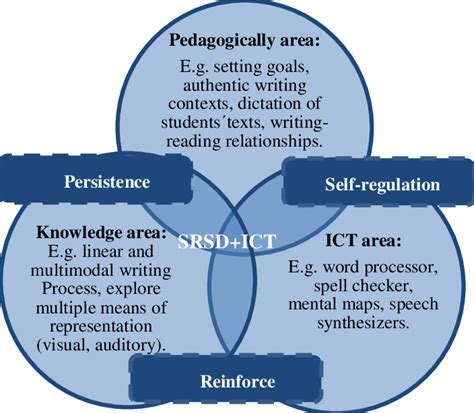
2. Why align automotive decisions with your values:
Aligning automotive decisions with your values ensures that your choices are not only practical but also reflect your personal principles and commitments. When you choose a vehicle or automotive product that resonates with your values, you’re making a statement about what matters to you, whether it’s sustainability, ethical production, or community impact. This alignment creates a sense of coherence between your actions and your beliefs, leading to greater satisfaction and a deeper connection to your vehicle.
Moreover, aligning decisions with your values can drive positive change within the automotive industry. By supporting brands and products that prioritize ethical practices and sustainability, you encourage more companies to adopt similar values. This ripple effect can lead to widespread improvements in industry standards and contribute to a more sustainable and responsible automotive landscape. Ultimately, when your automotive choices reflect your core values, you contribute to a meaningful and purposeful lifestyle, enhancing both your driving experience and your overall impact on the world.
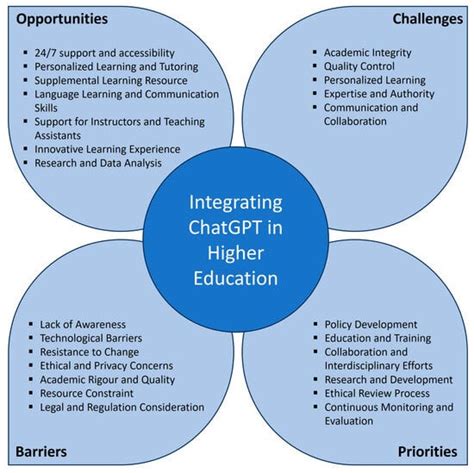
3. Why consider the lifecycle impact of automotive products:
Considering the lifecycle impact of automotive products is crucial for making informed and responsible choices. The lifecycle of a vehicle encompasses everything from its production and use to its eventual disposal or recycling. By evaluating each stage, you gain a comprehensive understanding of the environmental and social effects associated with your vehicle. This approach helps you choose products that minimize negative impacts and promote sustainability.
The production phase often involves significant resource use and emissions, so opting for vehicles made with eco-friendly materials or those produced by companies with strong environmental practices can reduce your ecological footprint. During the use phase, considering fuel efficiency and emissions can contribute to lower ongoing environmental impact. Lastly, the end-of-life phase is equally important; vehicles that are designed for easy recycling or that have minimal waste contribute to a more sustainable lifecycle.
By taking the lifecycle impact into account, you not only support more sustainable practices but also encourage manufacturers to innovate and improve their processes. This mindful approach fosters a culture of responsibility within the automotive industry and ensures that your choices contribute to long-term environmental and social benefits.
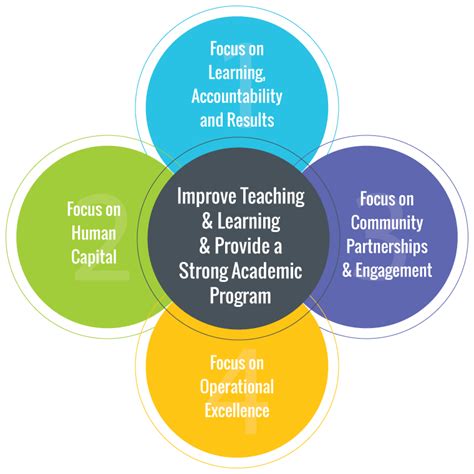
4. Why practice mindful driving habits:
Practicing mindful driving habits is essential for enhancing both the efficiency and enjoyment of your driving experience. Mindful driving goes beyond basic safety; it involves being aware of your driving patterns, making conscious decisions that reduce fuel consumption, and minimizing your vehicle’s environmental impact. Simple actions, such as maintaining a steady speed, avoiding rapid acceleration, and minimizing idling, can significantly improve fuel efficiency and reduce emissions.
Mindful driving also promotes safety on the road. By staying attentive and avoiding distractions, you contribute to a safer driving environment for yourself and others. This awareness helps in anticipating potential hazards and responding thoughtfully, which can prevent accidents and enhance overall road safety.
Furthermore, adopting mindful driving habits can lead to a more relaxed and enjoyable driving experience. By focusing on the present moment and driving with intention, you reduce stress and create a more positive journey. This mindful approach aligns with a broader commitment to sustainability and responsibility, ensuring that your driving habits reflect your values and contribute to a more thoughtful and purposeful lifestyle.
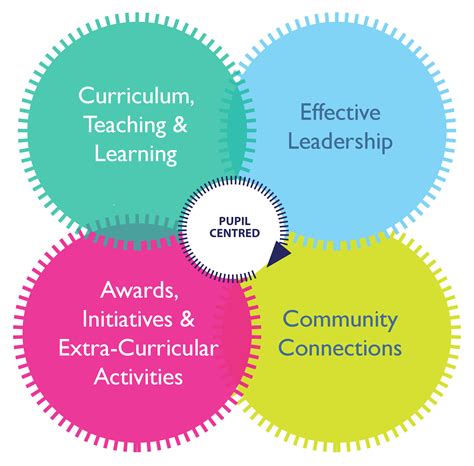
5. Why support innovation in sustainable automotive technologies:
Supporting innovation in sustainable automotive technologies is vital for advancing the future of transportation and achieving long-term environmental goals. As the automotive industry evolves, new technologies offer promising solutions to reduce emissions, enhance fuel efficiency, and minimize environmental impact. By backing these innovations, you contribute to the development of cleaner and more efficient vehicles, which can play a significant role in combating climate change.
Sustainable automotive technologies, such as electric and hybrid vehicles, advanced battery systems, and alternative fuels, offer substantial benefits over traditional combustion engines. These technologies reduce greenhouse gas emissions, lower air pollution, and decrease dependency on fossil fuels. Supporting their development and adoption helps accelerate the transition to a more sustainable transportation system.
Furthermore, endorsing innovative technologies fosters competition and encourages further advancements within the industry. When consumers and stakeholders show a preference for sustainable solutions, manufacturers are motivated to invest in research and development, leading to continuous improvements and more accessible options for everyone.
By actively supporting and advocating for these technological innovations, you not only contribute to a healthier environment but also drive positive change in the automotive sector, aligning your choices with a commitment to sustainability and progress.
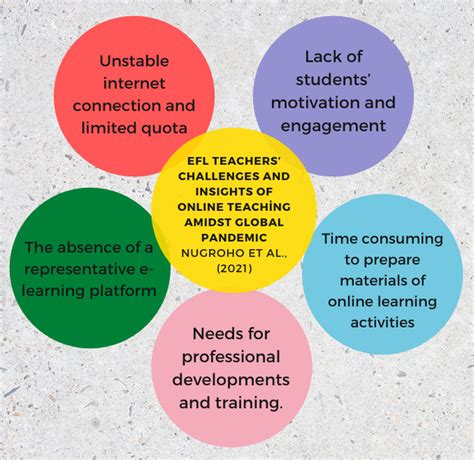
6. Why foster a culture of sharing and collaboration:
Fostering a culture of sharing and collaboration within the automotive industry is crucial for driving collective progress toward sustainability and innovation. By encouraging the exchange of ideas, resources, and technologies, stakeholders—including manufacturers, consumers, and researchers—can work together to address common challenges and accelerate the development of sustainable solutions.
Sharing knowledge and best practices helps streamline the adoption of new technologies and fosters a more informed and engaged community. For example, collaborative initiatives can lead to advancements in electric vehicle infrastructure, such as charging networks, making sustainable transportation more accessible and practical for everyone.
Collaboration also extends to the sharing economy, where car-sharing and ride-sharing programs reduce the number of vehicles on the road, decrease emissions, and make transportation more efficient. These programs not only support environmental goals but also provide cost-effective alternatives to traditional vehicle ownership.
By nurturing a culture of sharing and collaboration, we create a supportive environment where innovative ideas can thrive and be implemented more effectively. This collective effort not only advances sustainability goals but also enhances the overall driving experience, aligning with a broader commitment to mindful and purposeful automotive choices.
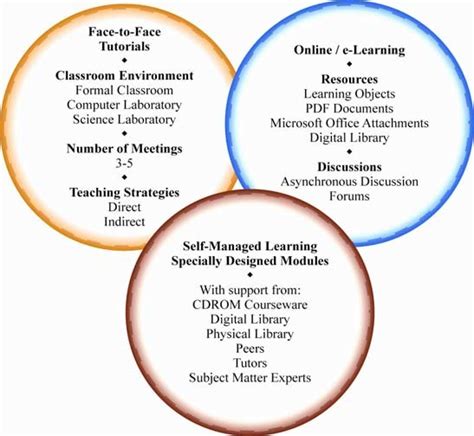
7. Why integrate mindfulness into your automotive lifestyle:
Integrating mindfulness into your automotive lifestyle offers a holistic approach to both driving and vehicle ownership, enhancing your overall experience and aligning it with your values. Mindfulness in this context means being present and intentional with every aspect of your automotive interactions—from the vehicle you choose to how you maintain and use it.
By adopting a mindful approach, you make decisions that reflect your commitment to sustainability and responsible consumption. This includes selecting vehicles with eco-friendly features, practicing energy-efficient driving habits, and maintaining your vehicle to extend its life and reduce waste.
Mindful integration also fosters a deeper connection to your vehicle, transforming it from a mere tool into a meaningful part of your lifestyle. It encourages a more thoughtful and deliberate way of living, where each automotive choice contributes to a greater purpose.
Ultimately, embedding mindfulness into your automotive lifestyle helps you align your actions with your values, leading to a more fulfilling and responsible driving experience that supports both personal and environmental well-being.
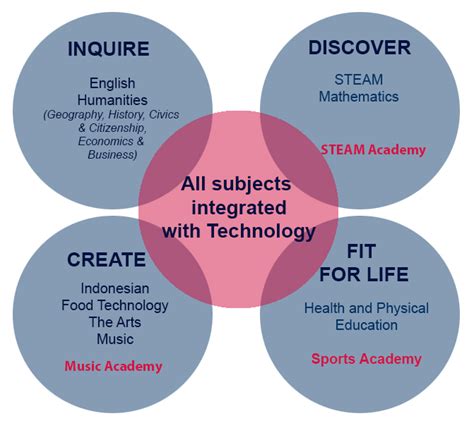
Embracing creative mindfulness in automotive consumption transforms your driving experience by aligning your choices with your values and supporting sustainability. By considering the lifecycle impact of automotive products, practicing mindful driving habits, and supporting innovative technologies, you contribute to a more responsible and fulfilling lifestyle. Fostering a culture of sharing and collaboration further enhances these efforts, creating a positive ripple effect within the industry. Integrating mindfulness into your automotive lifestyle not only enriches your personal journey but also promotes broader environmental and societal benefits, leading to a more purposeful and impactful approach to driving.
lealhotel.com